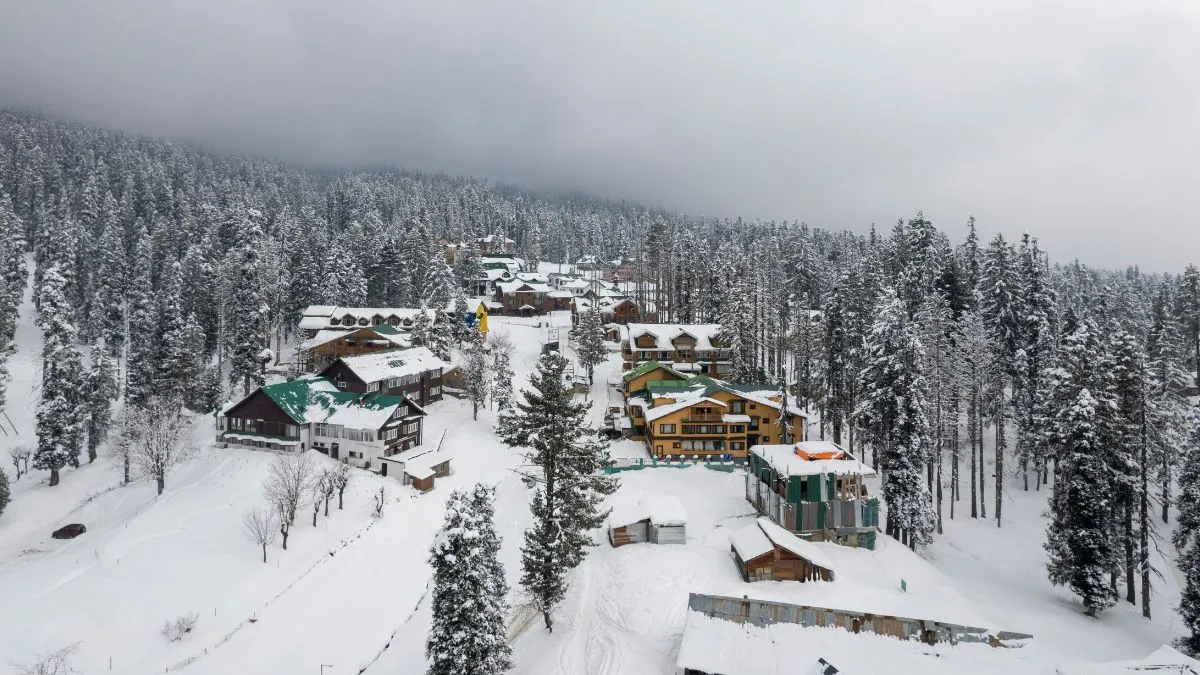- By Deeksha Gour
- Sun, 31 Aug 2025 05:12 PM (IST)
- Source:JND
Weather Update: The upcoming winter season in the Northern Hemisphere, including India, is likely to be much colder than usual as La Nina conditions are expected to become active from September, according to the US National Oceanic and Atmospheric Administration (NOAA). Scientists say this could increase the chances of snowfall in many mountainous areas.
Severe Cold Expected Across Northern Hemisphere
Dr Narendra Singh, senior atmospheric scientist at Aryabhatta Observational Science Research Institute (ARIES), explained that La Nina is a natural weather cycle that impacts climate across the globe. NOAA has forecast that its effect will begin in September and may continue until January. This period coincides with winter in India, making conditions favourable for snowfall, especially in regions at an altitude of around 2,000 metres.
High chances Of Snowfall In Himalayan Regions
In the Northern Hemisphere, temperatures start falling in September and drop sharply by December. If La Nina remains active during this time, it will strengthen the possibility of widespread snowfall. Western disturbances, another weather factor, will also need to remain active to bring significant snowfall.
Excess Monsoon Moisture May Intensify Winter Snow
This year, India has experienced above-average rainfall during the monsoon, leading to higher moisture levels in the atmosphere. Meteorologists say this additional moisture will support winter rains and snowfall, raising hopes of increased snow cover along with severe cold conditions.
Snowfall Likely To Return In Nainital And Mukteshwar
Local experts believe the effect will also be visible in Uttarakhand’s popular hill stations. Dr Singh noted that climate change has already affected areas like Nainital and Mukteshwar, where temperatures have risen faster than normal. In recent years, snowfall in these regions has reduced sharply. However, with La Nina expected this season, chances of snow returning to the valleys of Nainital and Mukteshwar are stronger.
La Nina, along with its opposite cycle El Nino, plays a major role in shaping the world’s climate. While El Nino is marked by unusually warm surface waters in the Pacific Ocean and is often linked with rising temperatures, La Nina brings the opposite effect. It causes Pacific waters to cool abnormally, which contributes to a fall in global temperatures and creates conditions for harsher winters.
If NOAA’s predictions hold true, this winter could bring heavy snowfall across several regions of the Himalayas, offering relief to areas that have seen declining snow in recent years, while also making northern winters colder than usual.


